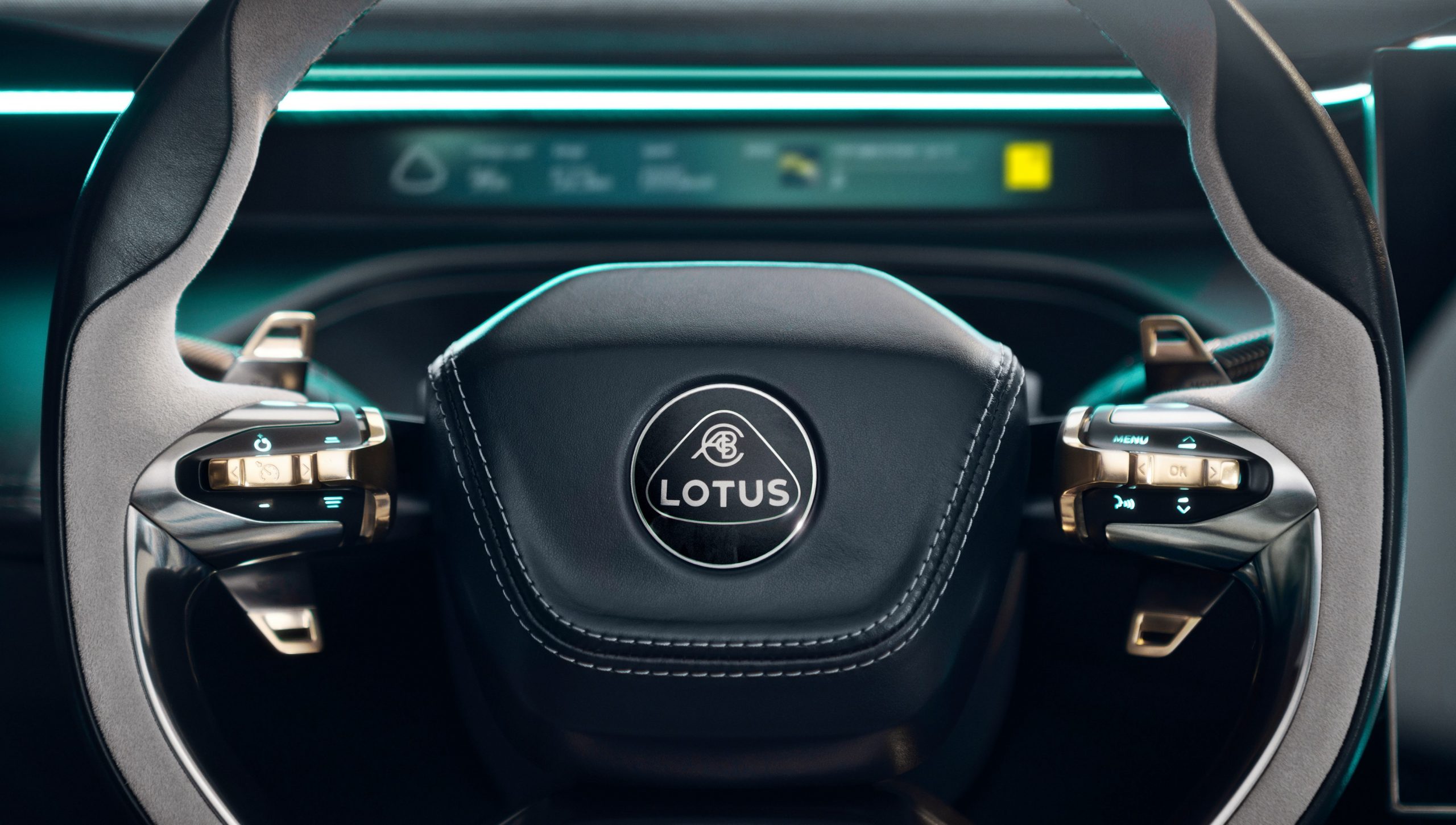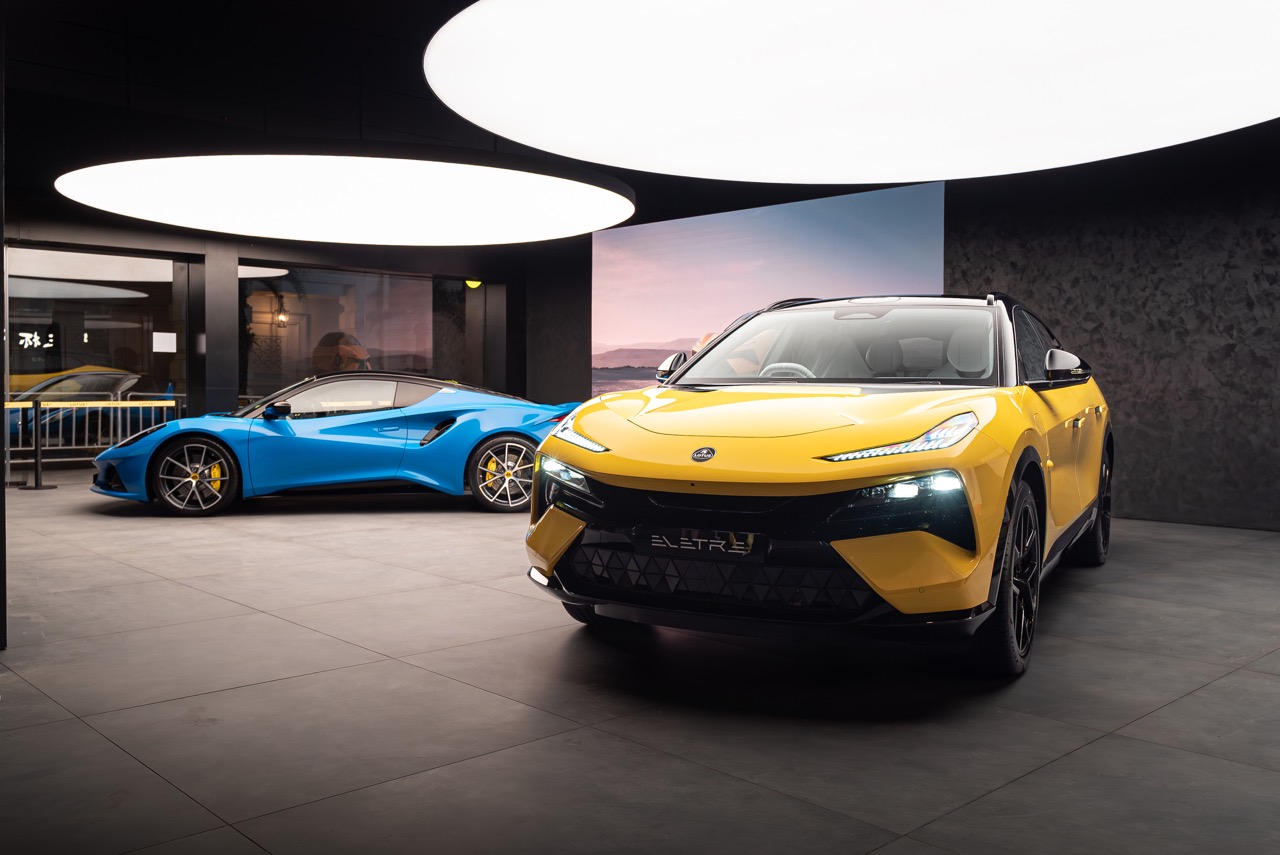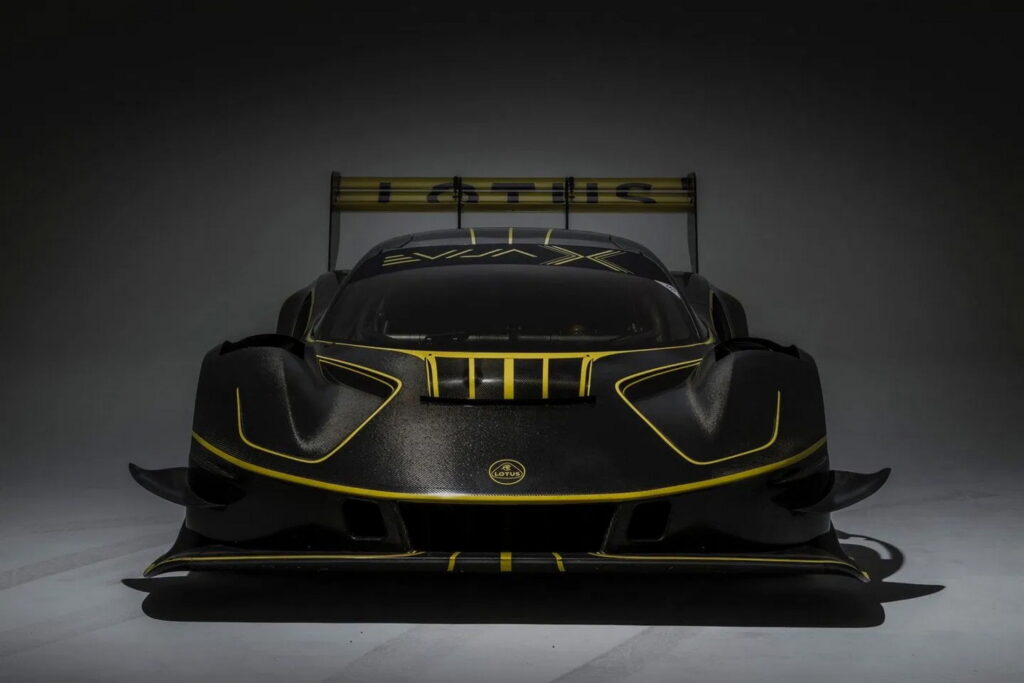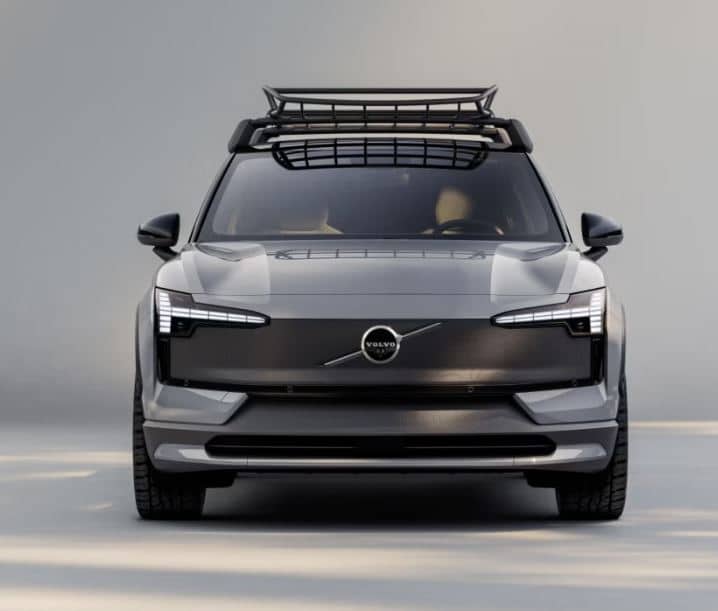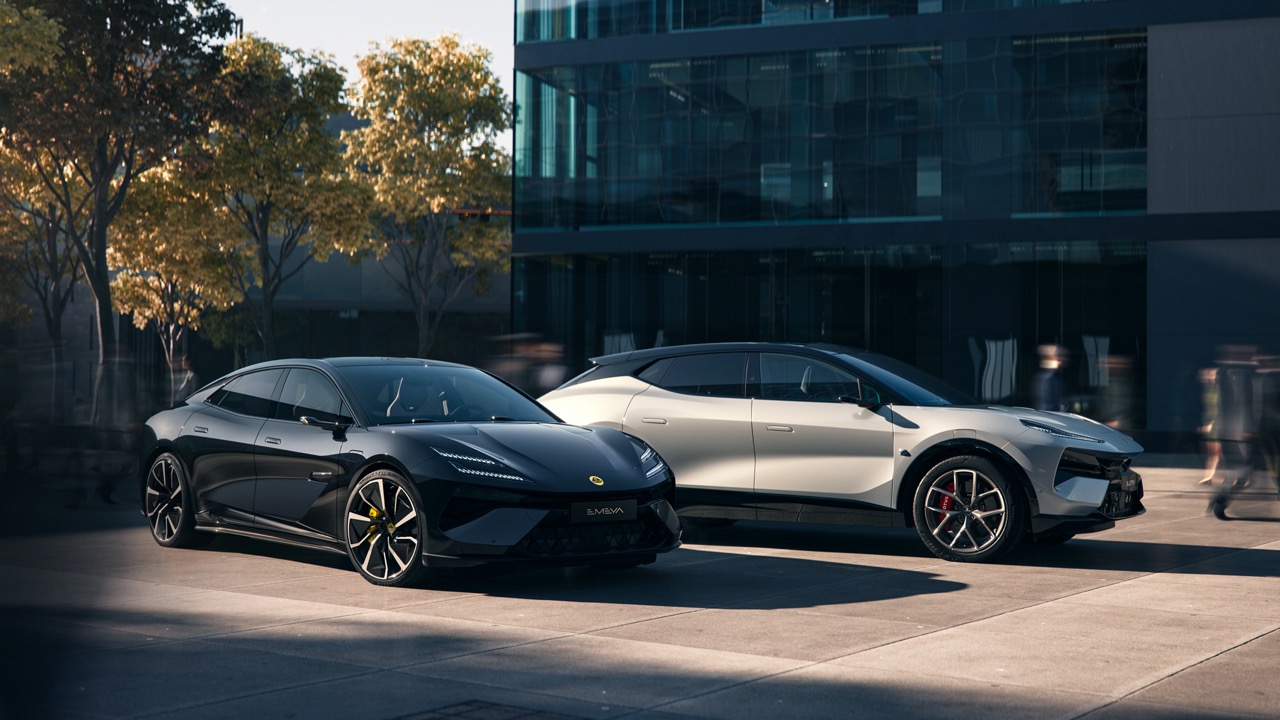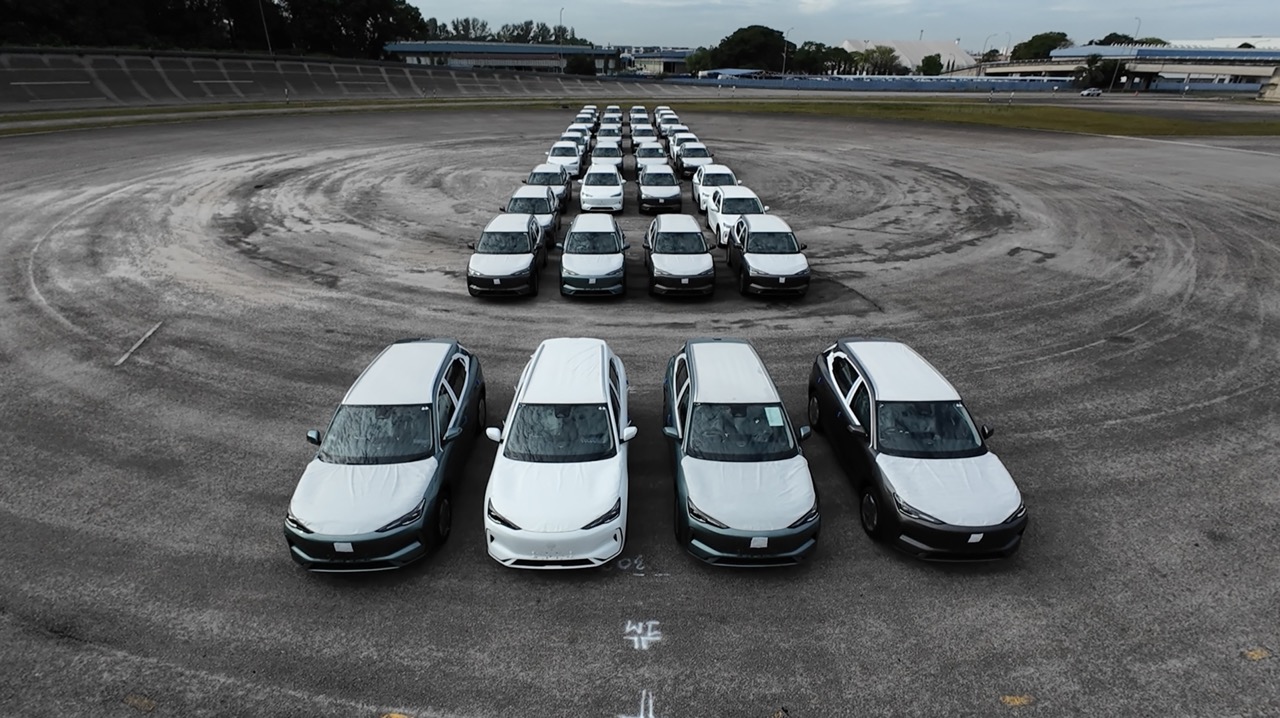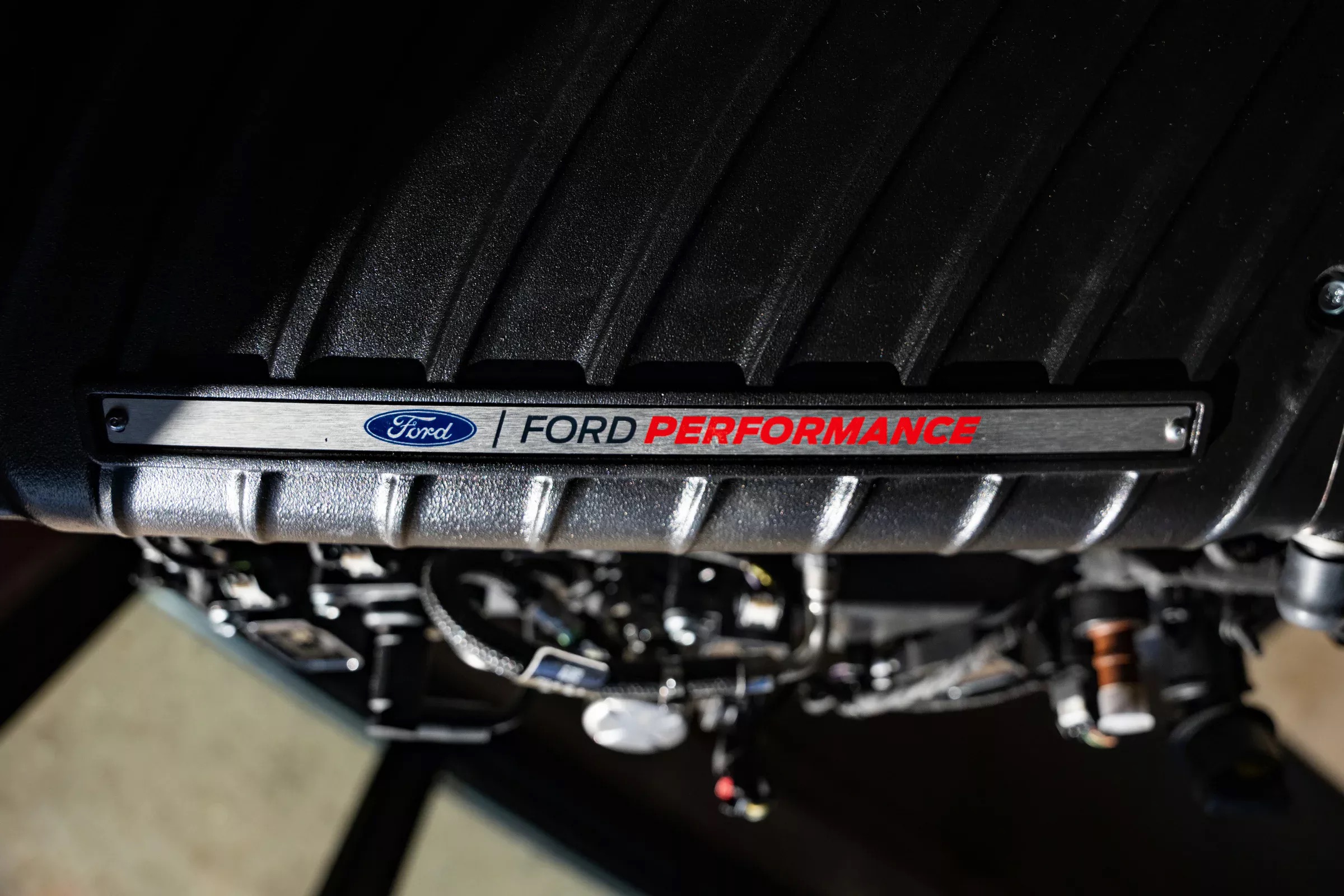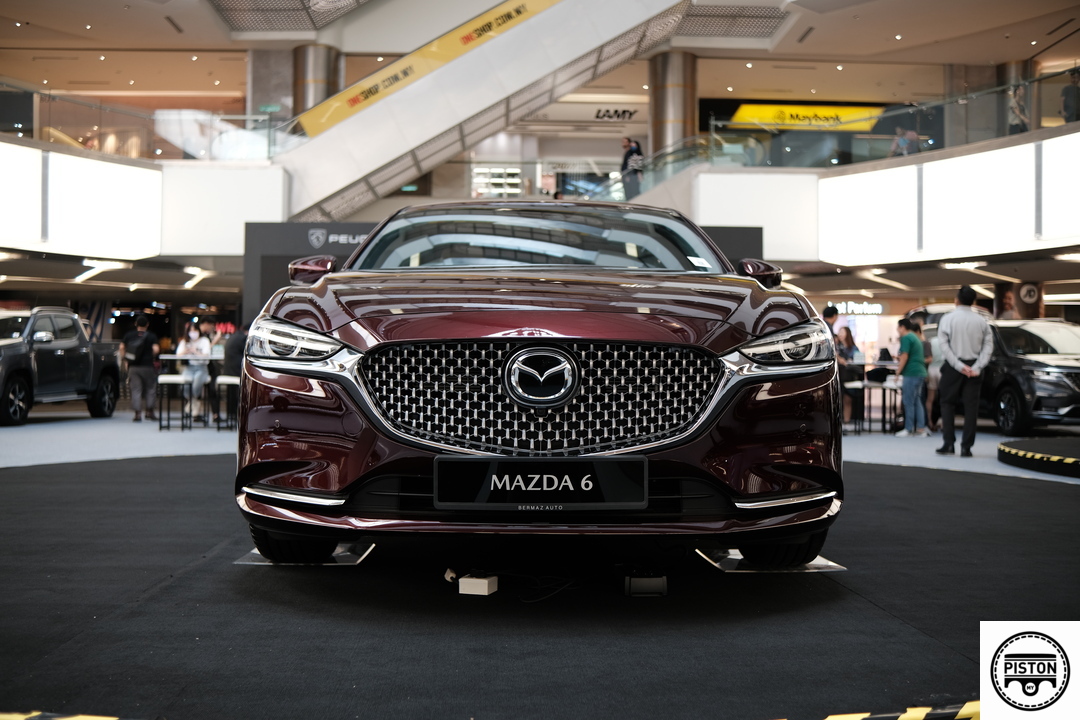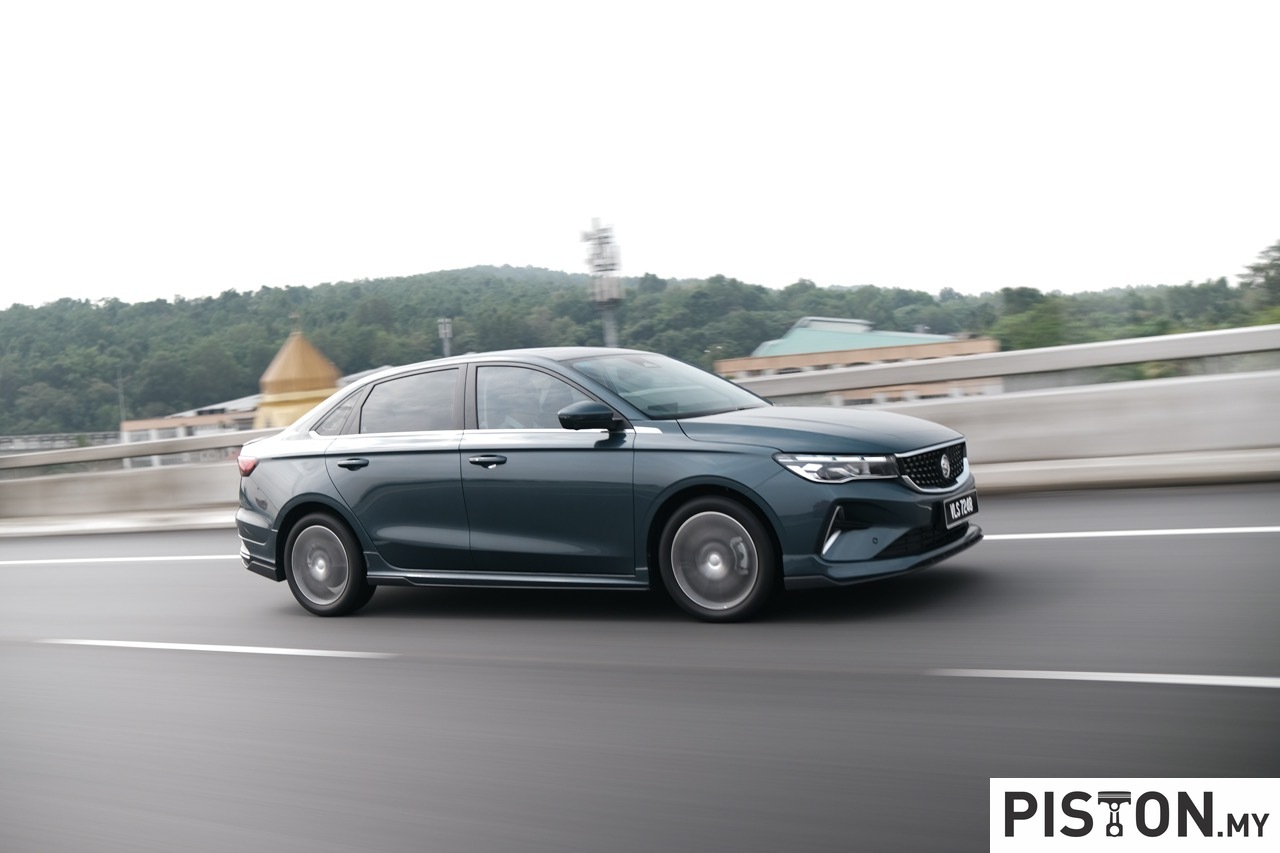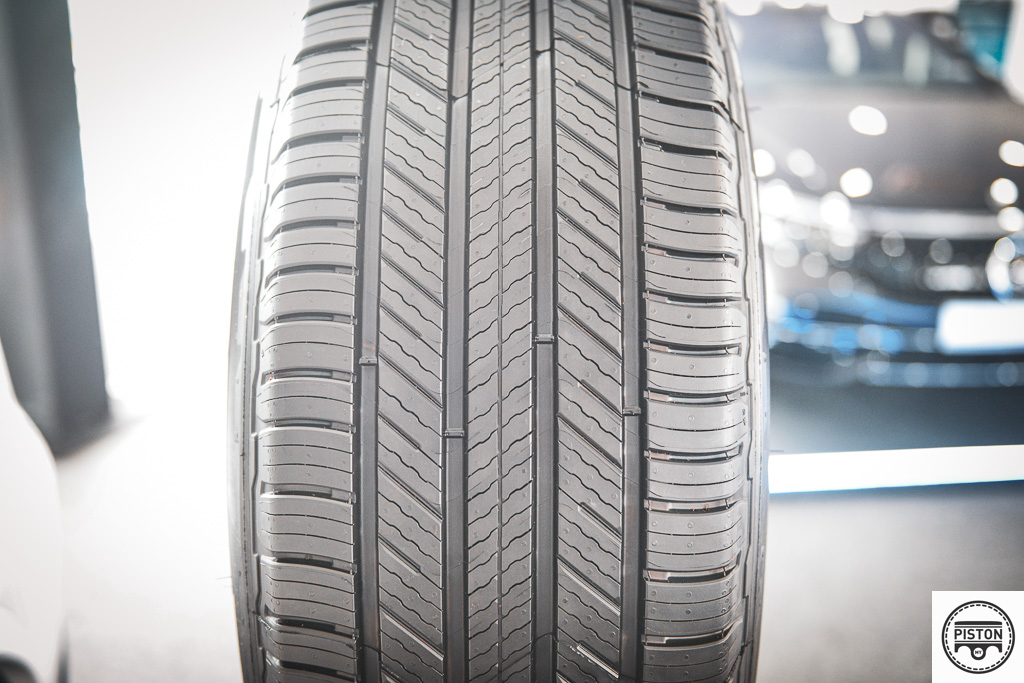Lotus, the iconic sports car manufacturer renowned for its dedication to lightweight engineering, has shifted gears yet again. Under Geely’s ownership, the British automaker previously announced an all-electric future, including plans for an electric SUV. However, at the recent Guangzhou Motor Show in China, Lotus CEO Feng Qingfeng confirmed a dramatic change: the brand is moving away from a fully electric lineup and will instead focus on hybrid technology, specifically “Super Hybrids” that promise exceptional performance and efficiency.
This pivot stems from reluctance among high-end customers to transition entirely to electric vehicles (EVs). According to Feng, while EVs offer distinct benefits, such as quiet cabins and minimal noise or vibration, these advantages are already present in luxury internal combustion engines (ICE). For high-performance and luxury models, the appeal of traditional V8 and V12 engines remains strong, as these powertrains deliver robust performance and an engaging driving experience.
Lotus’s new hybrid strategy aims to address concerns often associated with plug-in hybrid electric vehicles (PHEVs), including added weight from large batteries, daily charging requirements, and limited power when the battery depletes. The “Super Hybrid” approach integrates a turbocharged combustion engine with ultra-fast charging capabilities, enabling a driving range of up to 680 miles without relying solely on ICE power.
Key to this strategy is a cutting-edge 900V electrical system, which Feng claims will support charging speeds faster than a battery swap. However, current charging infrastructure does not yet support these capabilities, presenting a challenge to the ambitious hybrid plan.
Current Lotus Lineup and Future Prospects
Lotus’s existing lineup includes:
- Evija: A 2,011-horsepower electric hypercar.
- Eletre: An electric SUV with high tariffs inflating its price in some markets.
- Emeya: A luxury electric sedan.
- Emira: The brand’s last internal combustion sports car, powered by either a 2.0-litre AMG-sourced four-cylinder or a Toyota-sourced V6.
Despite Lotus’s pivot, the Emira formula is unlikely to be replicated, signaling a departure from the brand’s traditional ICE-focused roots.
Technology and Partnerships
Lotus is leveraging Geely’s vast resources and partnerships to drive its hybrid innovation. Geely owns multiple brands, including Volvo Cars, and collaborates with Renault through the Horse powertrain initiative. These partnerships are expected to influence Lotus’s hybrid systems, blending advanced combustion technology with innovative charging solutions.
This latest shift marks another evolution in Lotus’s storied history, balancing its heritage of lightweight, high-performance cars with the demands of modern sustainability and customer expectations. Whether this “Super Hybrid” direction can recapture the magic of Lotus’s past while propelling it into the future remains to be seen.




